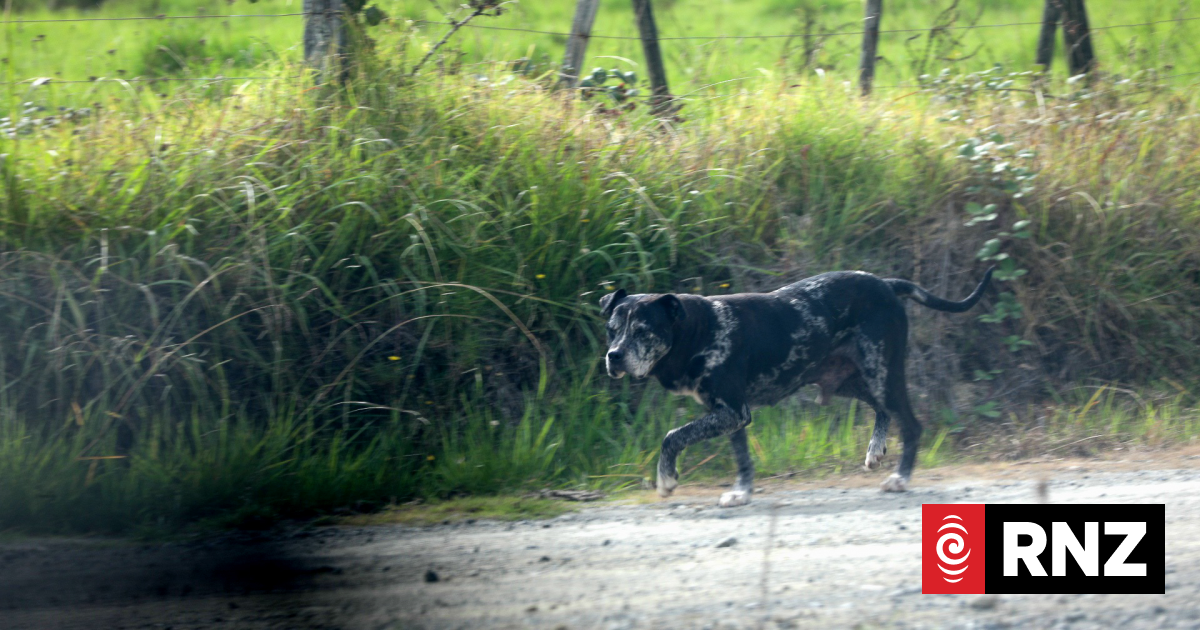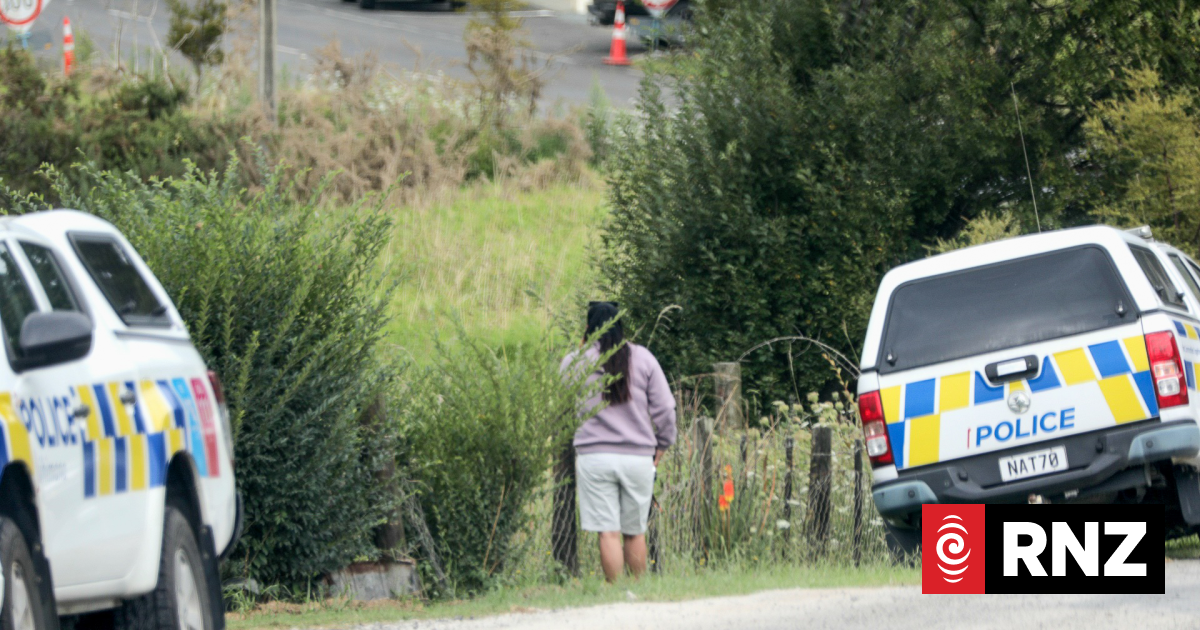Free ice creams were among swathes of giveaways handed out to Northlanders in return for a Covid-19 jab. Photo / file
Northland has come close to topping the list of the country’s district health boards for spending copious amounts of money on gifts and food to encourage residents to get vaccinated against Covid-19.
Swathes of freebies
– including overseas holidays, e-bikes and mobile phones – were given out at various community and national events from March 2021 to June this year in a bid to boost immunity and curb the spread of the virus.
Figures obtained by The Northern Advocate under the Official Information Act show at least $4.6 million was spent nationwide on free items to encourage eligible residents to get vaccinated – including nearly $1m in Northland alone.
/cloudfront-ap-southeast-2.images.arcpublishing.com/nzme/IZQ3ME6ZKNQWB3KP4PTYC4PG3I.jpg)
Not surprisingly due to its greater population, three Auckland DHBs topped the list of big spenders, with Waitematā, Auckland and Counties Manukau clocking up $1.5m on vaccination initiatives.
Northland DHB came in second, having spent $913,900, despite still having the lowest vaccination rates in the country.
That’s $1.07 for each of Auckland’s 1.4m eligible population compared to $5.67 for each of Northland’s 161,000 eligible population.
Hawke’s Bay District Health Board was third, forking out $908,000 on vaccination incentives.
The spending of other district health boards varied wildly, with some shelling out hundreds of thousands of dollars, some spending tens of thousands of dollars, right down to frugal DHBs down south which spent a mere $5000 or even zero dollars.
National party health spokesman Shane Reti questioned the overall effectiveness of the funds spent in Northland.
“Is the spend on free merchandise effective and has it been well accounted for?
“For similar DHBs who have spent similar amounts of money, we haven’t achieved a similar objective which is a good vaccination rate.
“Northland DHB looks like they’ve spent a high per capita sum on free giveaways to support the Covid response yet our vaccination rate is the lowest across the whole health sector.”
/cloudfront-ap-southeast-2.images.arcpublishing.com/nzme/LNBNDJ2PJZMLDTG7QPY3TG4344.jpg)
The first batch of Pfizer vaccinations arrived in New Zealand in February 2021, and the rollout started a month later.
The Northland spend included the Kai Pai Te Taitokerau Campaign which ran from October to December 2021.
During the three-month campaign, hundreds of petrol, gift and supermarket vouchers were handed out, along with Apple watches, iPhones, and an e-bike.
Two Northland fishing charter trips were up for grabs, along with two $6000 Cook Island holiday packages, $8000 worth of New Zealand holiday packages, and $9000 worth of Northland holiday packages.
Rounding it all off were thousands of dollars worth of Christmas hampers and hams, and lashings of sausage sizzles and ice creams.
This winter Northlanders are continuing to receive text messages offering $50 to $100 New World and The Warehouse vouchers, along with free Mr Whippy ice creams and other “sweet treats”.
Te Hau Ora o Ngāpuhi chief executive Te Ropu Poa said it was money well spent.
The giveaways were “a useful tool to encourage positive engagement with whānau,” she said.
“It was needed to incentivise people because there’s more hesitancy up here because people didn’t know enough.
“And this is a more rural population than any other region and hard to reach.
“There’s a lot of contributing factors so you had to do more to engage whānau up here.”
Poa said fuel vouchers in particular were important to get people to events to get vaccinated.
Children had to be “entertained” while their parents got jabbed and then waited at the vaccination site to make sure they did not suffer any adverse effects, she said.
“Many families wanted to get vaccinated but couldn’t afford it.
“If they had to come into town from Pawarenga they needed the petrol vouchers.
“It’s more of an equity issue rather than a giveaway issue.”
/cloudfront-ap-southeast-2.images.arcpublishing.com/nzme/ECEE5MMKNISY5AZICV7YQT66BY.jpg)
Fifteen of the country’s 20 district health boards responded to the information request.
That was before the country’s 20 DHBs were dissolved and replaced by Health NZ and the Māori Health Authority on July 1.
Whangārei mayor Sheryl Mai said the money spent was a “means to an end”.
“It’s justified when it has protected our population,” Mai said.
“Our region is sparsely populated, our region had to invest in putting vaccination stations in and think outside the square because it’s different to the rest of the country.
“This was a nationwide campaign to protect people.”
Currently, 87.9 per cent of Northlanders are fully vaccinated and 69.7 per cent have had booster shots.
Every other DHB has reached at least 90 per cent double dosed, and most have booster rates of 70 to 80 per cent.
Northland DHB acting general manager rural, family and community, Jacqui Western, said many of Northland’s communities are remote and don’t have easy access to vaccination clinics.
Residents could “take pride in achieving a double-dosed rate nearing 90 per cent, given the challenges unique to Northland,” she said.
“The entire healthcare sector in Northland has and continues to work closely together to reach as many people as possible. The mahi is ongoing.
“Our goal now is to increase uptake for first and second boosters to ensure our people and their whānau are as protected as much as possible against Covid-19.”
Western said the New World and Warehouse vouchers currently being offered are for Super Saturday events only.
“The most recent Saturday drive-through event in Whangārei saw an increased number of whānau presenting for their vaccinations compared to a regular Saturday clinic,” she said.
“We are considering other events based on uptake and demand.”
South Canterbury spent a mere $5000 on giveaway items, mostly on the national Super Saturday event.
Southern District Health Board was the most frugal of them all.
Interim district director Hamish Brown said the policy of the Health New Zealand Southern Covid-19 Vaccination Programme “has been to not offer the public incentives to be vaccinated”.
“The programme’s resources have been focused on the setting up of community clinics and outreach activity to eliminate access barriers to the vaccination.
“On occasion, the community clinics offered manaaki, after the vaccination, and this was often sponsored by the community.”




